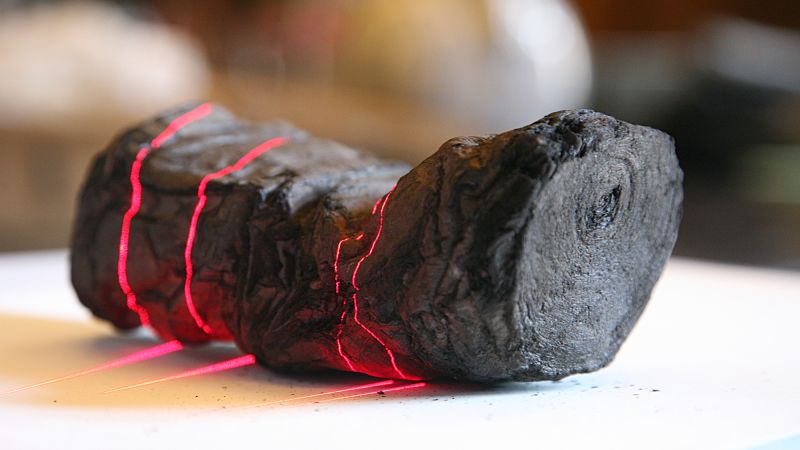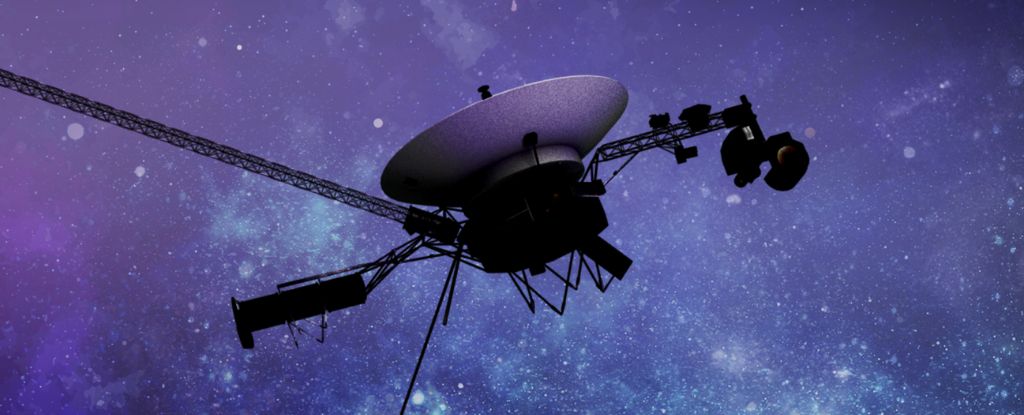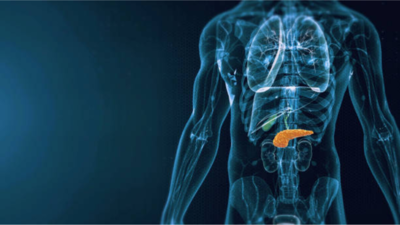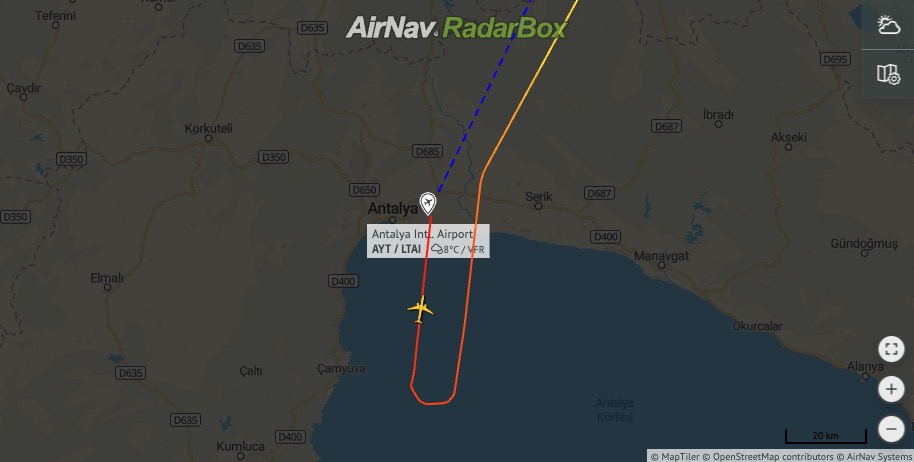The Herculaneum scrolls, which survived the AD 79 volcanic eruption, are delicate and would crumble if unfolded. With the help of AI, researchers successfully interpreted several text passages from an unrolled scroll.
After using artificial intelligence to reveal the first word from an unopened Herculaneum scroll, a group of researchers has unveiled numerous nearly complete passages from the ancient text, providing insights into philosophy from almost 2,000 years ago.
The Herculaneum scrolls, a collection of papyri that endured the eruption of Mount Vesuvius in AD 79, are extremely fragile in their charred state, and attempting to unroll them would cause them to disintegrate. Additionally, any writing on surviving fragments would be nearly illegible to the human eye.
Researchers are now able to analyze the Herculaneum scrolls without unrolling them, using computer technology and advanced artificial intelligence. More than 2,000 characters, comprising the first complete passages, have been deciphered from a scroll. The Vesuvius Challenge, a competition aimed at accelerating discoveries on the scrolls, made this announcement on Monday.
Brent Seales, a computer science professor at the University of Kentucky and a co-creator of the Vesuvius Challenge, expressed his excitement about the availability of these scrolls and the potential to create a new field of study and scholarship for classicists by reading them.
Luke Farritor, a computer science student at the University of Nebraska, and Youssef Nader, a biorobotics graduate student at Freie University Berlin, discovered the first word to be read from an unopened scroll separately in October. They, along with Julian Schilliger, a robotics student at ETH Zürich, have won the contest’s $700,000 grand prize as the first team to decipher over 85% of characters from four continuous passages within the same scroll.
The team exceeded the contest requirements by reading 15 partial columns of text, approximately 5% of the scroll.
The trio employed a technique called “virtual unwrapping” to analyze the rolled-up scroll, which belonged to the Institut de France. This process utilized computer tomography, an X-ray procedure, to scan the coiled-up, warped papyrus, enabling the researchers to digitally flatten the scrolls and detect the ink on the page using advanced AI. After finding the Greek letters, expert papyrologists from England, France, and Italy were engaged to evaluate the text.
Seales, the creator of the unwrapping method, expressed his desire to deliver a complete and pristine copy of the text to scholars so that they can fully understand it and conduct their work.
Following the eruption of Vesuvius, over 1,000 carbonized scrolls were recovered, including the Herculaneum scrolls, from the volcanic mud that covered the ancient Roman cities of Pompeii and Herculaneum in Italy.
The decoded passages, extracted from the end of a scroll, contain words attributed to the philosopher Philodemus, who was believed to have been the philosopher-in-residence at the library where the scrolls were discovered.
In the deciphered text, Philodemus discusses “pleasure” and whether the abundance of goods available can influence the pleasure they provide. Roger Macfarlane, a professor of classical studies at Brigham Young University, who has studied the Herculaneum scrolls, noted that Philodemus urges people to relax, seek good friendships, and enjoy life’s pleasures.
Seales expressed his hope that almost an entire scroll will be deciphered this year, and a new grand prize contest aims to decipher at least 90% of all four released scrolls on the contest’s website, offering a cash prize of $100,000 to the first team that achieves this.
“The winners of the Vesuvius Challenge are able to understand an authentic text without destroying the scroll, and that’s probably the most remarkable aspect of it,” commented Macfarlane.
Correction: A previous version of the story misstated the grand prize amount for the Vesuvius Challenge.












